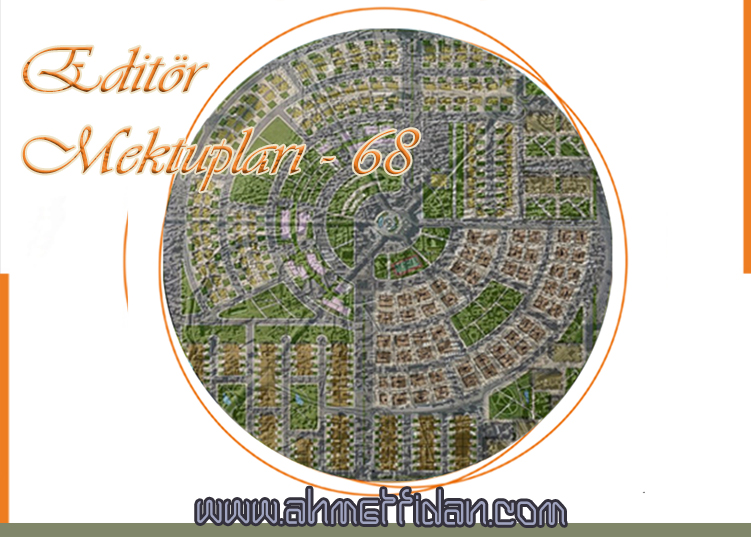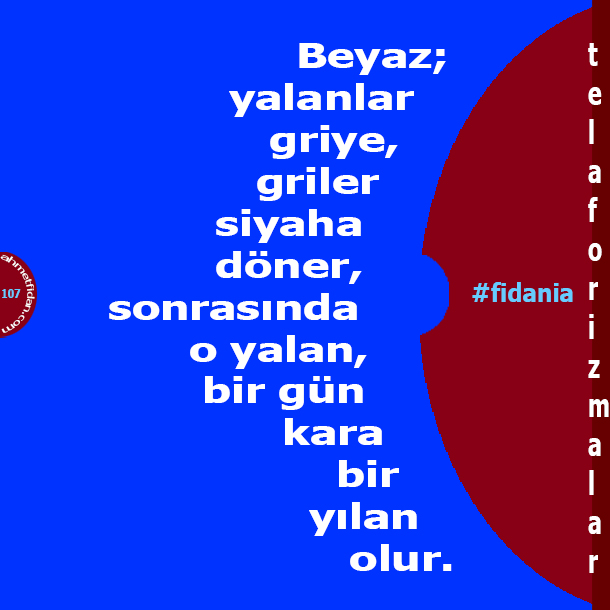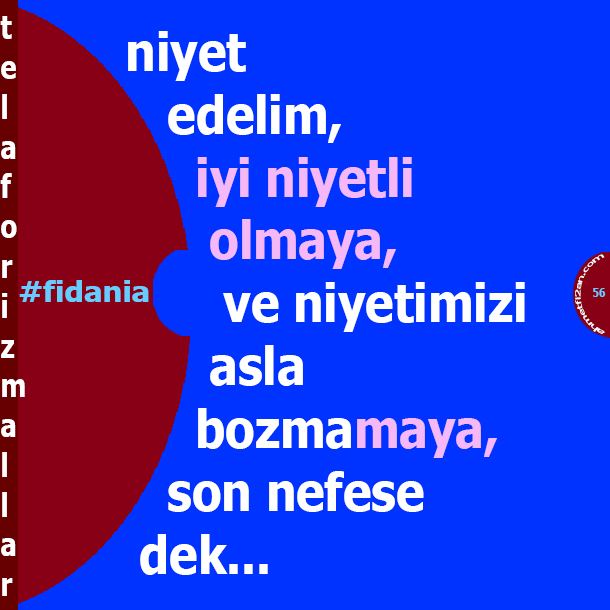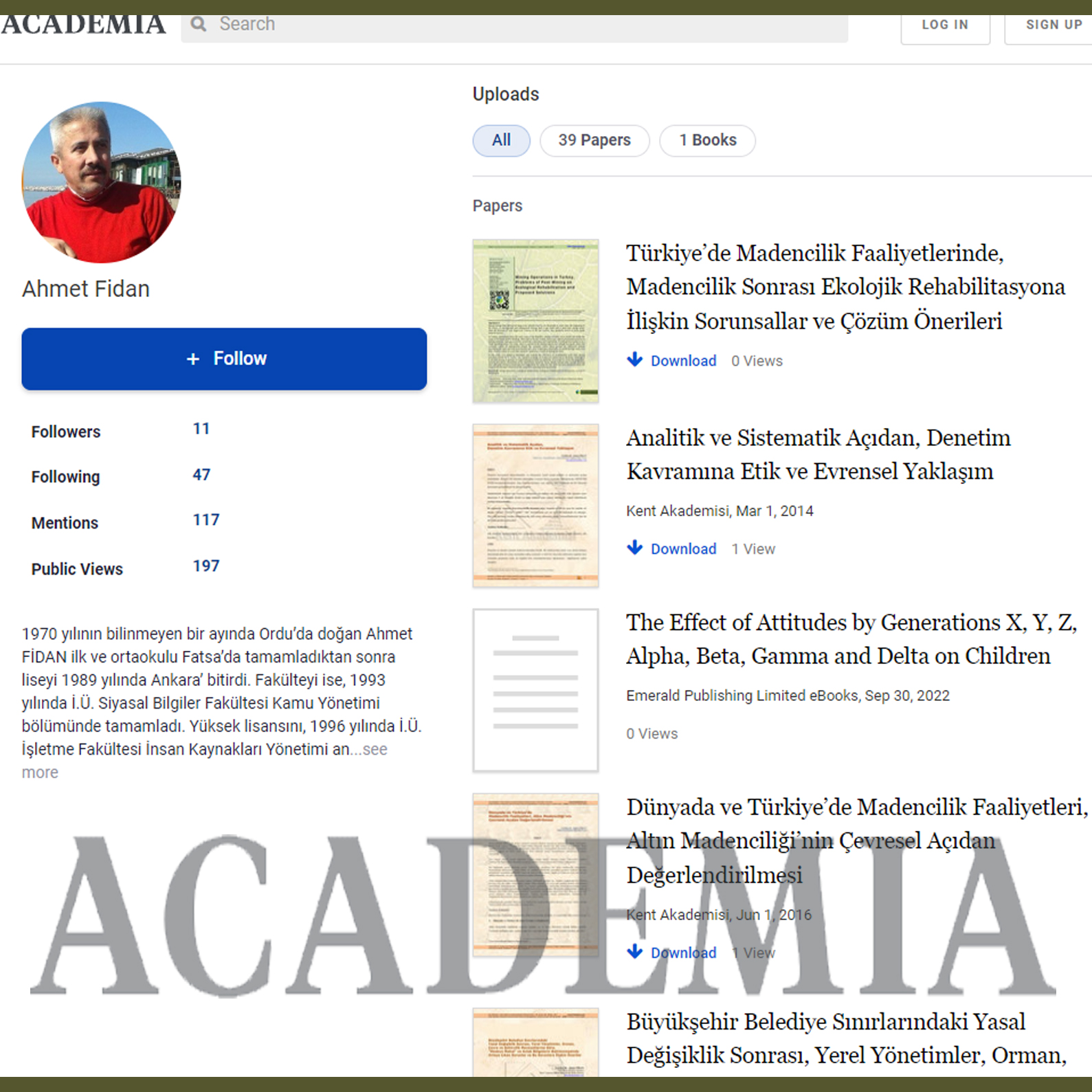
Resim: Kamusal İtibar ve Kent Vizyonu
Kamusal İtibar ve Kent Vizyonu
Kentler, ülkelerin uygarlık elçileri ve tercümanları olmuştur insanlığın toplu yaşama geçmelerinden bu yana. Devletler kentsel kamusal alanları ve mekânları kamusal ihtiyaçların giderilmesi için inşa etse de bu alan ve mekânlar çoğu zaman bir uygarlığın gelecek nesillere ve uygarlıklara taşıyıcısı olarak da görülmüştür. Bu yapıların özellikle taştan inşa edilmesi uygarlıklar arası kültürel geçişimi daha belirgin hale getirmiştir.
Çoğu zaman da dünya üzerinde farklı devletleri yöneten erkler, kamusal itibarın ve ihtişamın, hatta tiranlaşmış erkin gücünün empoze edilebileceği mekânlar olarak görmüşlerdir. Bu bağlamda, ‘devlet’ otoritesi, insanların sulh ve sükûn içinde yaşamaları için var olan bir araç olmaktan çıkıp amaç haline gelmiştir. Türk-İslam kültürü de “ulü’l emre itaat” ve “devlet ebed müddet” algı ve inançlarıyla, devasa saraylar ve tapınaklar yaptırmış ve gücü bu mekânlarla adeta kutsallaştırılmaya çalışmıştır.
Dünya üzerinde farklı yüzyıl, hatta binyıllardan bu yana görülen bu oportünist yönelim; “halk” ile halkın seçmiş olduğu veya tanımış olduğu “halka hizmet etmesi gereken zümre” ile devasa kopuşlar ortaya çıkarmış, %10’u geçmeyen en üst tabakanın gelirden aldığı pay ile %90’lara varan en alt tabakanın gelirden aldığı pay arasındaki uçurumu artırmış, bu da dönem dönem toplumsal infiallere veya ihtilallere neden olmuştur.
Kentler; mutlak surette uygarlıkların vizyoner iz düşümleri veya yansıtıcıları olsa da bu devlet erkinin ezici şekilde empoze edilebileceği mekânlar olarak görülmemesi, Fârâbî’nin “el-medînetü’l-fâzıla” adlı eserinde de belirtilmiş olan “erdemli kent ve erdemli yönetim” anlayışına ters düşmektedir. Yönetimlerin bu ölçü ile mekân ve egemenlik dengesini kurmaları, kendi iktidarlarının sürdürülebilirliği ve kendi dönemlerinden sonra tarih sayfalarında alacakları yer açısından önemlidir. Böylesi yönetim zihniyetlerini de yine ortaya çıkaracak merci, halkın bizatihi kendisi olacaktır.
EN:
Since the beginning of humanity’s transition to communal living, cities have been the ambassadors and translators of civilizations. Although states build urban public spaces and structures to meet societal needs, these spaces and places are often seen as carriers of a civilization to future generations and other cultures. The fact that these structures are especially built from stone has made the cultural transmission between civilizations more apparent.
Throughout history, ruling powers of various states in the world have often viewed as places where public prestige and grandeur, even the authority of tyrannical rule could be imposed. In this context, the authority of the ‘state’ has become a goal rather than a means for people to live in peace and tranquillity. In the Turkish-Islamic culture, beliefs such as ‘obedience to the supreme order’ and ‘the eternal state’ have led to the construction of monumental palaces and temples, through which power was almost sanctified.”
This opportunistic tendency, seen across different centuries and even millennia around the world, has created massive rifts between “the people’ and the ‘class” that is either elected or recognised to serve them. It has widened the gap between the top tier, often less than 10% of the population, who receive a large share of income, and the bottom tier, up to 90%, who receive far less. This disparity has, at times, led to public unrest or even revolutions.
Although cities are undoubtedly visionary reflections or projections of civilizations, they should not be regarded as spaces where this state power is overwhelmingly imposed. Such an understanding contradicts the concept of ‘virtuous city and virtuous governance’, outlined in al-Fārābī’s work ‘al-Madīnat al-Fāḍilah”. It is essential for governments to establish a balance between space and sovereignty in accordance with this principle, both for the sustainability of their rule and for how they will be remembered in the pages of history. Ultimately, the authority that can give rise to such mindset of governance will be the people themselves.








